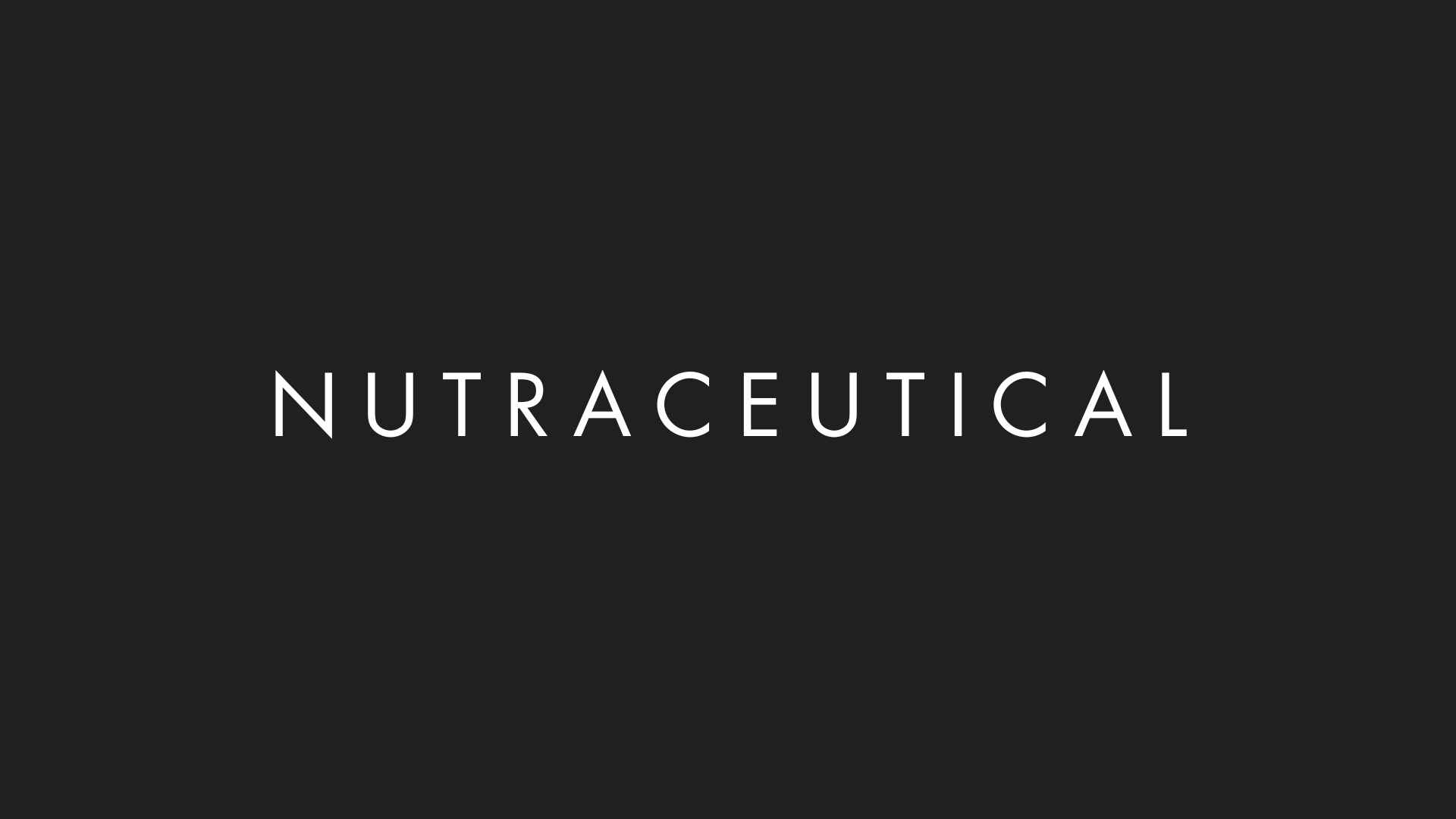
Introduction:
In recent years, the Indian market for nutraceuticals has experienced significant growth, fueled by rising health consciousness among consumers and increasing awareness about preventive healthcare. Nutraceuticals, which encompass a broad spectrum of products ranging from dietary supplements to functional foods and beverages, are gaining traction as people seek natural solutions to maintain their well-being. This article delves into the burgeoning landscape of nutraceuticals in India, exploring key trends, drivers, challenges, and future prospects.
Rapid Growth and Market Dynamics:
The Indian nutraceutical market has been witnessing rapid growth, driven by factors such as a growing middle-class population, urbanization, changing lifestyles, and increasing disposable incomes. Rising incidence of lifestyle-related diseases like obesity, diabetes, and cardiovascular ailments has spurred demand for functional foods and dietary supplements aimed at promoting overall health and wellness. Additionally, the COVID-19 pandemic has further accentuated the importance of immunity-boosting products, driving up sales of supplements containing vitamins, minerals, and herbal extracts.
Key Segments and Product Categories:
The nutraceutical market in India encompasses a diverse range of products catering to various health needs and preferences. Dietary supplements, including vitamins, minerals, protein powders, and omega-3 fatty acids, constitute a significant portion of the market. Herbal and Ayurvedic supplements, leveraging India’s rich tradition of natural remedies, have gained popularity among consumers seeking holistic health solutions. Functional foods and beverages fortified with vitamins, probiotics, antioxidants, and other bioactive compounds are also gaining traction, offering convenience and health benefits in a single package.
Consumer Trends and Preferences:
Indian consumers are becoming increasingly discerning about the products they consume, with a growing emphasis on quality, safety, and efficacy. There is a shift towards natural and organic ingredients, as people seek products that are free from artificial additives, preservatives, and genetically modified organisms (GMOs). Transparency in labeling and product information is also paramount, as consumers demand clear and accurate information about ingredients, dosage, and potential benefits. Moreover, there is a rising interest in personalized nutrition, with consumers looking for tailored solutions based on their specific health goals, dietary preferences, and genetic makeup.
Regulatory Landscape and Compliance:
The nutraceutical industry in India is subject to a complex regulatory framework governed by various agencies, including the Food Safety and Standards Authority of India (FSSAI), the Ministry of Ayurveda, Yoga & Naturopathy, Unani, Siddha, and Homoeopathy (AYUSH), and the Drug Controller General of India (DCGI). Manufacturers and marketers of nutraceutical products must adhere to stringent regulations pertaining to product safety, quality standards, labeling requirements, and advertising claims. Compliance with these regulations is essential to ensure consumer safety and maintain the credibility of the industry.
Challenges and Opportunities:
Despite the promising growth prospects, the Indian nutraceutical market faces several challenges, including inadequate infrastructure for research and development, limited awareness among consumers, and the presence of counterfeit or substandard products in the market. Moreover, price sensitivity among consumers, especially in rural areas, poses a challenge for manufacturers in terms of pricing strategies and product affordability. However, these challenges also present opportunities for industry players to innovate, educate consumers, and expand their market reach through strategic partnerships, digital marketing, and distribution channels.
Future Outlook and Growth Drivers:
Looking ahead, the Indian nutraceutical market is poised for continued growth, driven by factors such as increasing health consciousness, rising disposable incomes, expanding retail infrastructure, and government initiatives to promote wellness and preventive healthcare. Technological advancements, including biotechnology, nanotechnology, and nutrigenomics, are expected to drive innovation in product development, formulation, and delivery systems. Furthermore, collaborations between academia, industry, and research institutions can facilitate scientific research and validation of nutraceutical ingredients and products, enhancing consumer confidence and market credibility.
Conclusion:
The Indian market for nutraceuticals presents immense opportunities for growth and innovation, fueled by changing consumer preferences, rising health awareness, and supportive regulatory measures. As the demand for natural, safe, and effective health solutions continues to grow, manufacturers and marketers of nutraceutical products must remain agile, responsive, and committed to delivering products that meet the evolving needs of consumers. By leveraging technology, research, and strategic partnerships, the nutraceutical industry can contribute significantly to promoting health and wellness across India’s diverse population.
